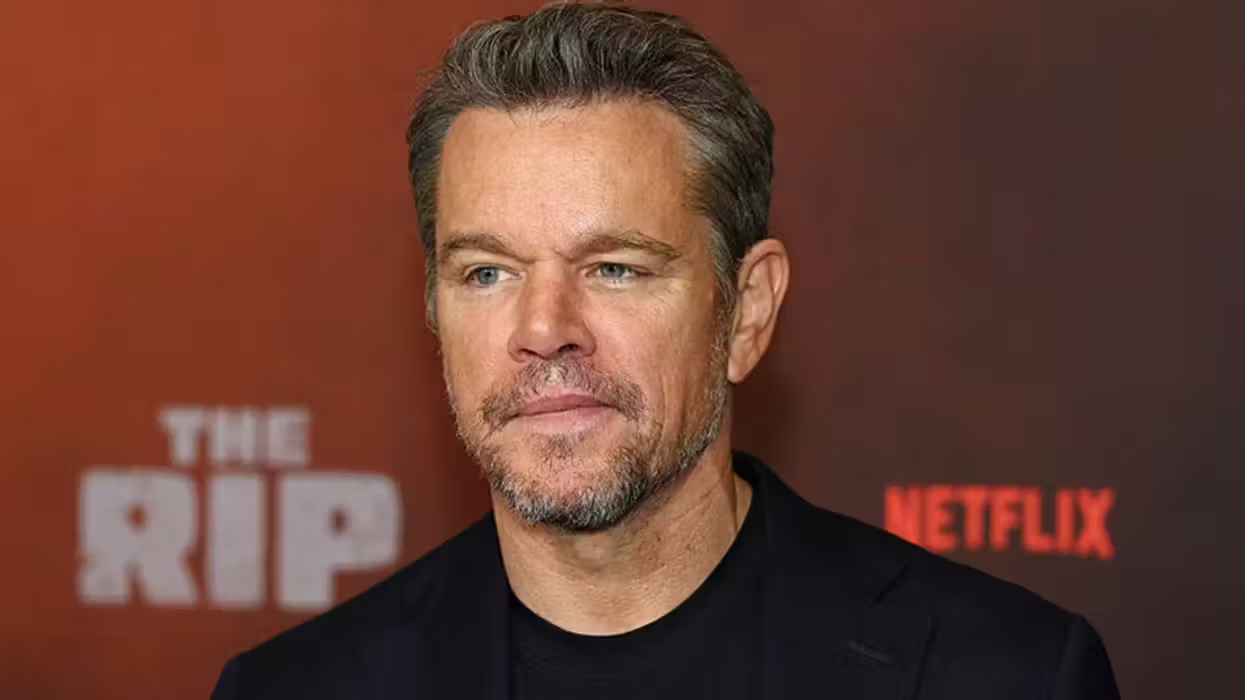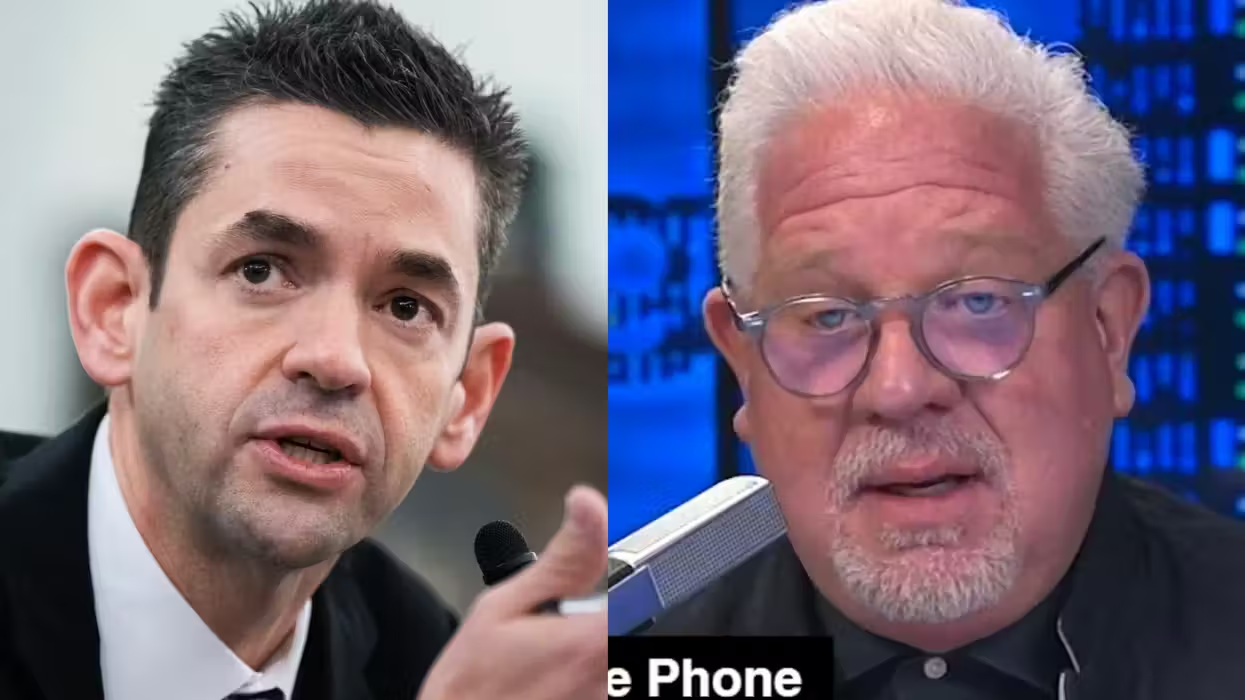
© 2026 Blaze Media LLC. All rights reserved.
Teacher's Union Offered Grant to Create 'Activists' Out Of 1st & 2nd Graders
October 27, 2011
They are developing "critical thinkers."
The National Education Association (NEA), the largest labor union in the country, offered a $5,000 Learning and Leadership Grant to two Wisconsin teachers who intended to use the funds to "help first and second grade students" become "activists."
The description of the grant for teachers Andrea Burmesch and Tara Krueger of Muskego Elementary read:
Ms. Burmesch and a team of colleagues will develop a critical literacy inquiry based unit of study to help their first and second grade students understand the role that power plays in their lives. The teachers will learn how visual literacy and technology, particularly website and podcast development, can be used by students to create activist messages that make a positive difference in their lives and the lives of others. The students will create their messages around issues important to their lives.
The grant description is no longer available on the NEA Foundation website as Muskego-Norway Superintendent declined to accept the grant given its dubious language and intent. The following is a screenshot of the grant information while it was still available on NEA's site:
Muskego Patch adds:
Talk show host Mark Belling took up the issue, questioning the use of grant funds to make seven and eight year olds activists for the NEA.Muskego-Norway Superintendent Joe Schroeder responded to an inquiry from Belling, and immediately "upon inspection, I found a description of the grant that, while rooted in the development of critical thinkers and positive community members, was described with some very concerning language."
Schroeder said he had specific concerns over "helping first and second grade students 'understand the role that power plays in their lives' in effort to 'create activist messages' is language that, especially under the umbrella of a national union's grant foundation, can understandably raise concern."
He explained that those involved in the grant application process were spoken to, and Schroeder believed them "to be people of integrity who have a sincere interest in developing critical thinkers and positive, contributing members of our school and the larger community who were simply seeking additional funds in their service to students."
Schroeder asserts that the teachers' intent and meaning of "activism" differed from the obvious interpretation.
"I also told them that I believe the language of the grant description, especially within the context of a national union's grant foundation, understandably can cloud their original intent. Upon review, they now understand that," Schroeder added.
"To date, we have not collected one cent of this NEA grant -- and will not do so. I have contacted the NEA office that we are declining the grant and, therefore, are requesting that they remove our approved grant from their website," he said.
But if a glance at the NEA's "Activist's Library" is any indication, this is not the last time we will see attempts from the union to indoctrinate children and turn them into "activists." The following books, including one from none other than Saul Alinsky, are listed on NEA's site:
Rules for RadicalsSaul Alinsky, Vintage Books, 1989
The classic book about organizing people, written by one of America's foremost organizers.
Organize for Social Change
Midwest Academy Manual for Activists
Third Edition, Kim Bobo et al, Seven Locks Press, 2001
This is one of the best books about collective action and putting the screws to decision-makers. It's about winning battles.
Building More Effective Unions
Paul Clark, Cornell University Press, 2000
Penn State Professor of Labor Studies Paul Clark applies the latest in behavioral sciences research to creating more effective unions. His insights are both astute and highly practical.
The Trajectory of Change: Activist Strategies for Social Change
Michael Albert, SouThend Press, 2002
Z Magazine's Michael Albert has assembled a collection of thoughtful articles on ways to overcome various obstacles to social change.
Roots to Power: A Manual for Grassroots Organizing
Lee Staples, Praeger, 1984
This is a good nuts and bolts guide to organizing. It is especially good on recruiting, developing action plans, executing them, and dealing with counterattacks.
Taking Action: Working Together for Positive Change in Your Community
Elizabeth Amer, Self Counsel Press, 1992
Written by a Toronto community activist, this book is easy to read, full of examples, and sprinkled with how-to-advice.
Organizing: A Guide for Grassroots Leaders
Si Kahn, McGraw Hill, 1981, Revised 1991
This book is well organized. You can find relevant material for your situation without reading the whole book.
Ethical Ambition: Living a Life of Meaning and Worth
Derrick Bell, Bloomsbury, 2002
A gem of a book that delves into the question of "Why become an activist?" It is both thought-provoking and energizing.
Soul of a Citizen: Living with Conviction in a Cynical Time
Paul Rogat Loeb, St. Martins Press, 1999
Provides solace for the activist's soul and juice for the activist's battery
Bold emphasis added by The Blaze.
(h/t: LaborUnionReport)
Want to leave a tip?
We answer to you. Help keep our content free of advertisers and big tech censorship by leaving a tip today.
Want to join the conversation?
Already a subscriber?
more stories
Sign up for the Blaze newsletter
By signing up, you agree to our Privacy Policy and Terms of Use, and agree to receive content that may sometimes include advertisements. You may opt out at any time.
Related Content
© 2026 Blaze Media LLC. All rights reserved.
Get the stories that matter most delivered directly to your inbox.
By signing up, you agree to our Privacy Policy and Terms of Use, and agree to receive content that may sometimes include advertisements. You may opt out at any time.







